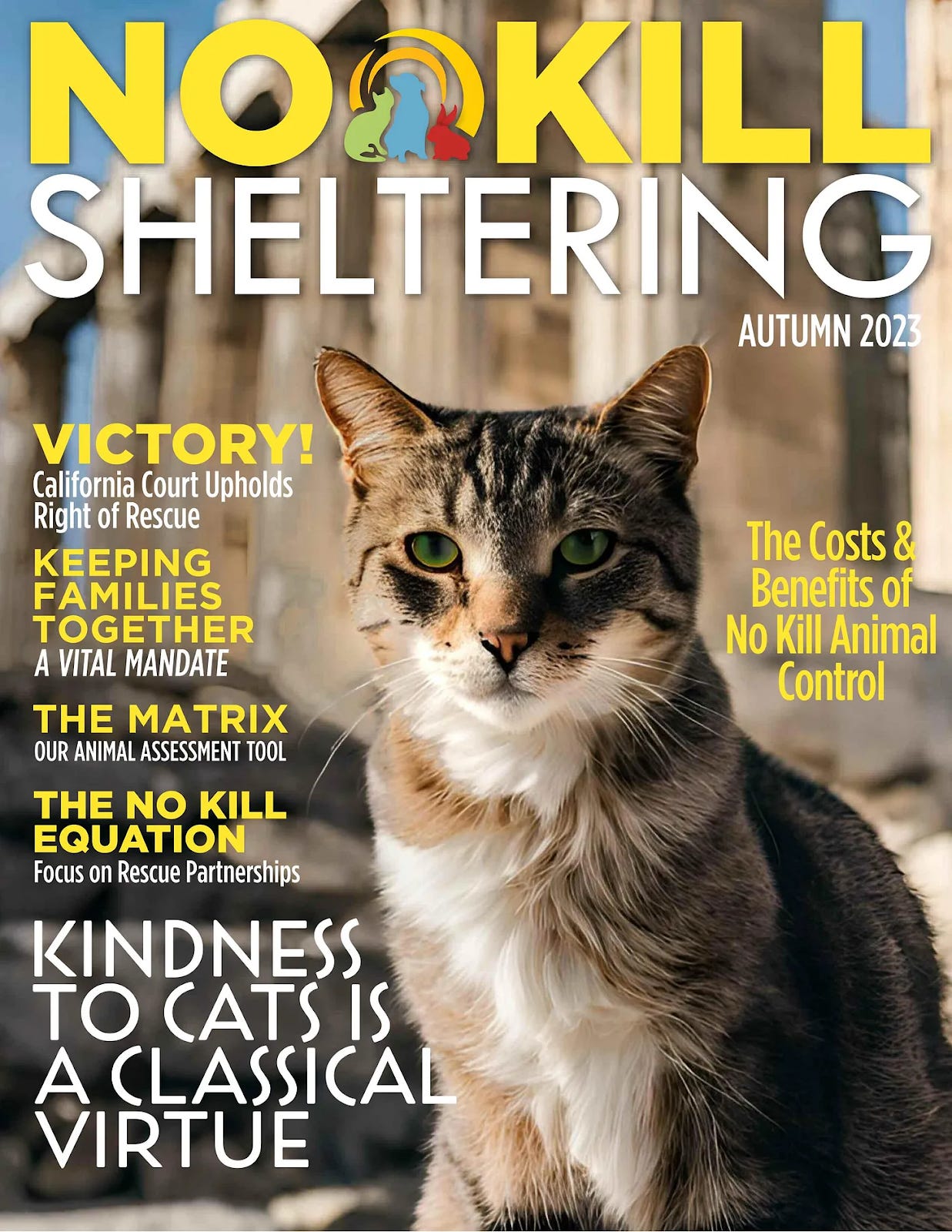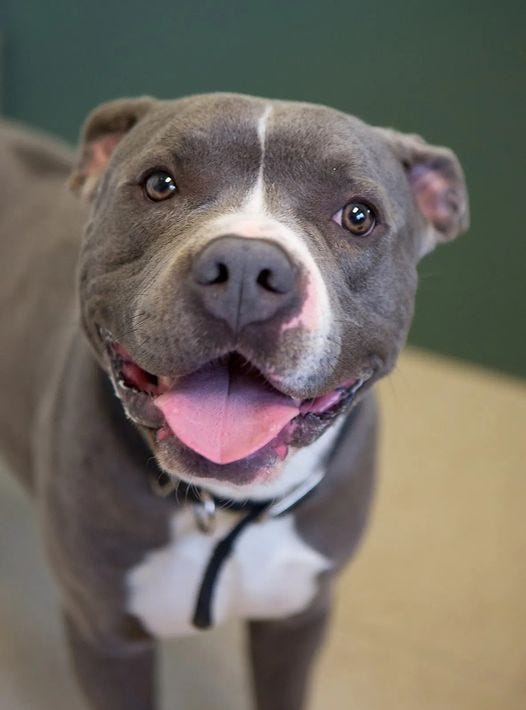Shelter volunteers have a right to speak out
News and headlines for September 30 - October 6, 2023

These are some of the stories making headlines in animal protection:
The shelter in Beaumont, TX, illegally fired a volunteer after she expressed concerns about killing dogs on Facebook:
Her concerns were the shelter’s self-proclaimed “no-kill” status despite euthanizing [killing] animals anyway, and seemingly euthanizing [killing] them unnecessarily, after she says 21 kennels were empty the day some were euthanized [killed].
The pound’s director inexplicably responded that “Empty space doesn’t mean that there’s space for the animals.” Actually, that is precisely what it means. And if a shelter is killing for space, it is not No Kill. After the City Council rebuffed her attempts to get reinstated, she is considering legal action.
If she sues, she will prevail. The director not only admitted that the ban was for her critical social media posts — which is textbook retaliation — but appears unmoved that the ban will hurt dogs. According to the volunteer,
The main thing that I did when I went into the shelter was do code red photo shoots. It’s hurting the dogs because the photo shoots really help their chances of getting adopted… they’re hurting the dogs’ chances of getting out of there alive.
Thankfully, citizens not only have a First Amendment right to speak out against government policies with which they disagree, but they also have a constitutionally protected right to demand that the government correct the identified wrongs. As the U.S. Supreme Court has consistently ruled, “speech on public issues occupies the ‘highest rung of the hierarchy of First Amendment values’ and is entitled to special protection.” Connick v. Myers, 461 U.S. 138, 145 (1983). Indeed, such speech lies “at the heart of the First Amendment’s protection.” First Nat’l Bank of Bos. v. Bellotti, 435 U.S. 765, 776 (1978).
In Robinson vs. Hunt County, 921 F.3d 440 (2019), the Federal Court of Appeal further ruled that government officials cannot ban someone because in criticizing officials or their policies, the commenter used language those government actors considered insulting, offensive, or inappropriate:
Official censorship based on a state actor’s subjective judgment that the content of protected speech is offensive or inappropriate is viewpoint discrimination.
When animal lives are at stake — as they are when animals enter a shelter that has not fully embraced a culture of lifesaving — banning volunteers critical of policies that favor killing by government shelters is even more egregious given the life and death consequences.
The Fall 2023 issue of No Kill Sheltering is available for members of The No Kill Advocacy Center. The current issue covers:
The rights of rescuers and the right of animals to be rescued;
Dogs win big in court;
Why and how community cats have a right to human protection;
The ethical and scientific failure of environmental conservation and its moral panic over cats;
The costs and benefits of No Kill animal control;
Keeping families together for renters, low-income pet owners, and through lost and found services;
An updated assessment tool for shelters;
And more.
Out of the shadows and into the sun: all dogs are welcome in all Colorado communities as the last remaining municipal pit bull ban has fallen after the Louisville City Council voted unanimously to repeal its breed discriminatory ordinance.
Banning dogs based on appearance is immoral. It is also ineffective. That’s not just opinion; it’s science:
The breed of a dog tells how they look, not how they behave;
50% of dogs labeled as pit bulls lack DNA breed signatures of breeds commonly classified as pit bulls;
Dogs targeted for breed discriminatory laws are not more likely to bite, do not bite harder, and such bans do not result in fewer dog bites or bite-related hospitalization rates; and,
Enforcement is expensive, with no measurable impact on public safety.
Bans also negatively impact surrounding communities and rescue groups, which have to take on the burden of such regressive and selfish policies to save the lives of these dogs.





